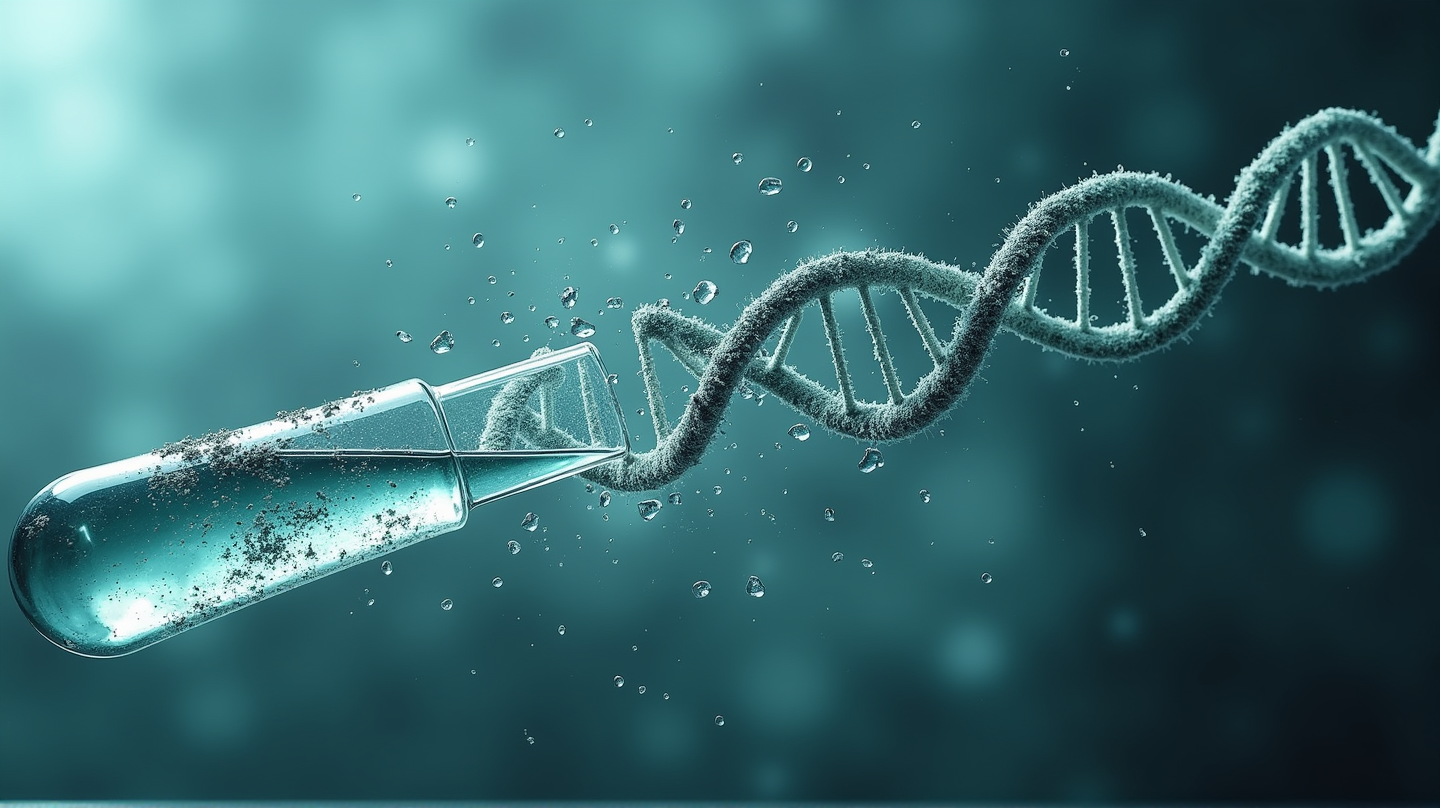In a shocking turn of events, 23andMe, once a beacon of consumer genetics, has declared bankruptcy, leaving the future of millions’ genetic data hanging by a thread. The company, renowned for transforming saliva samples into intricate maps of ancestry and health predispositions, now faces an uncertain path forward, and its extensive trove of personal information may become a coveted asset.
From Powerhouse to Bankruptcy
At the height of its success, 23andMe was a powerhouse in genetic testing, valued at a staggering $6 billion. It was the darling of the at-home DNA testing scene, hosting “spit parties” that drew celebrities eager to explore their genetic heritage. However, as the initial excitement waned, repeat business faltered, and internal conflicts pushed the company toward a devastating Chapter 11 filing, as reported by Los Angeles Times.
A Data Goldmine in Limbo
The announcement has left many like Christina Snyder Monahan, who discovered a hidden family secret through the service, wondering what will happen to their sensitive information. According to their terms of service, even though the sample can’t be returned, the knowledge derived from it remains with 23andMe, adding an unsettling layer of complexity.
Privacy at Risk
Experts warn that genetic information is uniquely sensitive, revealing immutable personal traits that could be exploited. “People should be worried,” emphasized Christo Wilson, an expert in online privacy. The genetic revelations, once a source of empowerment, now risk becoming vulnerabilities if the database changes hands uncontrollably.
A Call to Action
California’s Attorney General, Rob Bonta, has urged consumers to exercise their rights under the Genetic Information Privacy Act and the California Consumer Privacy Act. Customers can take steps to delete their accounts and prevent third-party access to their data. As the state intervenes to protect consumers, urgency permeates decisions about whether to maintain ties with the service or take protective measures.
Weighing the Future
Does the fallout from 23andMe’s bankruptcy mark the end of a genetic testing era, or a cautionary tale for future innovators in the field? What is clear is that customers’ anxiety highlights the profound trust placed in companies managing such intimate data. The consequences of 23andMe’s bankruptcy may redefine the boundaries of privacy and consent in the genetic testing industry.
As the dust settles, the fate of 23andMe’s genetic data repository remains uncertain, a situation as intricate and mysterious as the DNA it harbors.
